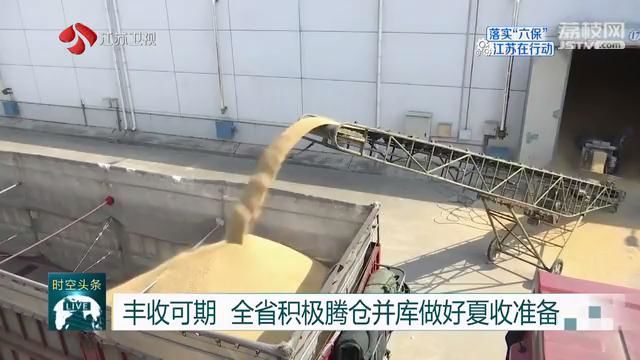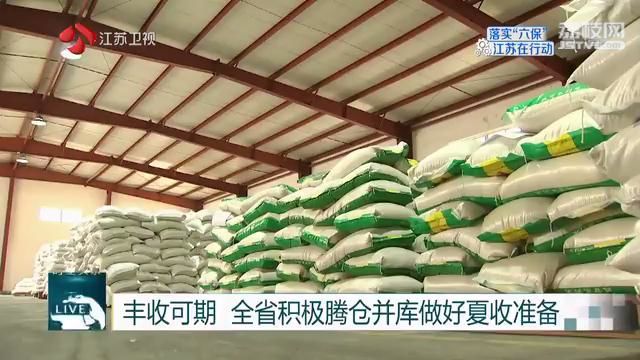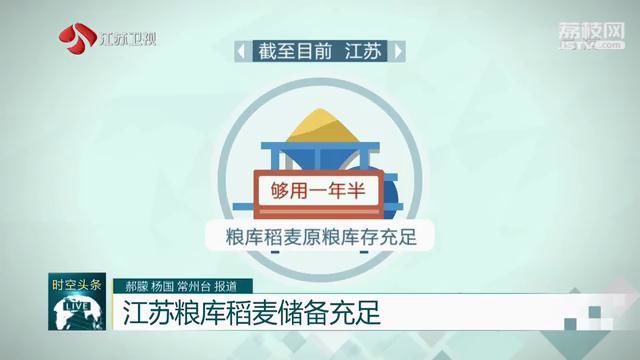East China’s Jiangsu province is gearing up for summer grain harvest by freeing up warehouse storage capacity to ensure that the granaries will have ample capacity and the market demand for food will be met.

In order to meet the demand for storage of wheat, 2,600 tons of raw grain from the Chengbei National Grain Reserve is being shipped out in an orderly manner.
As is planned, the grain will be shipped to local grain processing enterprises where they will be processed for market supply.
Jiangsu has been stepping up its efforts for the orderly circulation and shipment of grain as the COVID-19 epidemic is under control.
As one of the primary grain markets in Jiangsu, Changzhou has been making arrangement for the shipment of grain out of the four National Grain Reserves to make way for the storage of wheat to be harvested in coming weeks.

Sun Xuesong, Chengbei National Grain Reserve, Changzhou
About 4000 tons of grain will be shipped out of the granary every week so that there will be enough capacity for the storage of 30 thousand tons of wheat this year , which is more or less the same level from a year ago.
In the meantime, authorities in Changzhou have kept monitoring the market supply to ensure that the grain will be supplied to the reassurance of the people by fixing the prices and supply mode.
Lyu Yunfeng, deputy director of the grain reserve bureau, Changzhou
The daily supply about 1200 tons of rice is enough to meet the market demand. Our processing capacity is twice the normal demand. If the market demand increases we can immediately increase the processing output to meet the market's emergency supply demand.

In another development, affected by the price fluctuation on the international market since April, grain hoarding has been reported with obvious price hikes in some regions.
Jiangsu started on January 25 to monitor the grain and cooking oil market on a daily basis while increasing the supply of rice and wheat on the market so as to satisfy the grain demand of grain and oil processing enterprises.
With adequate grain reserve, Jiangsu is able to feed its population for half a year with the processed grain measuring up to the market demand for a 20-day period.
Jiangsu has also been providing Shanghai and Zhejiang with a daily supply of 10 thousand tons of grain to cater to the market demand.






